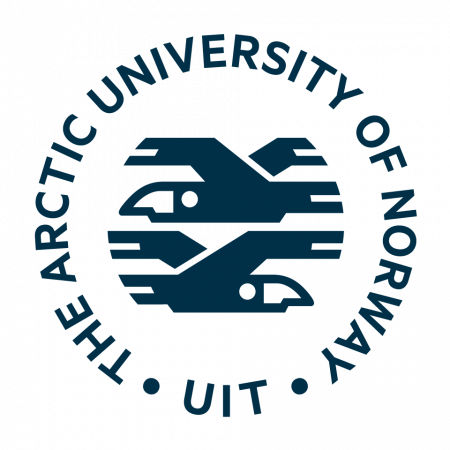English Literature - master
The master's programme in English literature gives students the opportunity to study a broad range of literary and cultural texts in English, while specializing in an area of their choice under the leadership of a researcher in that field. The English section can offer supervision in English, Irish, American and post-colonial literatures, and is particularly strong in the areas of romanticism, modernism, and contemporary literature.
Each year, students are offered courses organized around socially-relevant themes, key literary periods and genres, and/or prominent authors. All master's level courses include training in secondary research and literary theory, practice in close analysis, and feedback on students' written work.
In moving from coursework to the master's thesis, students move toward a more specialized focus and more independent research. This research is supported by each student's supervisor and by a series of organized work-in-progress seminars targeting the skills needed for master's-level research.
